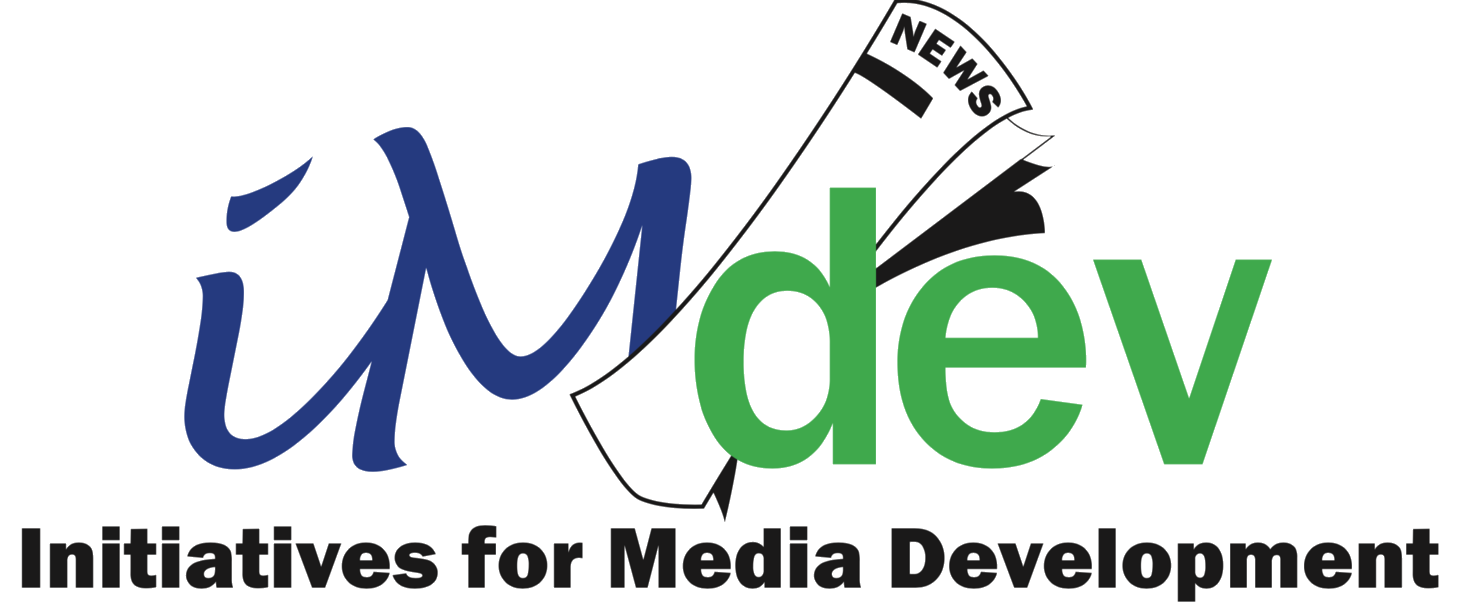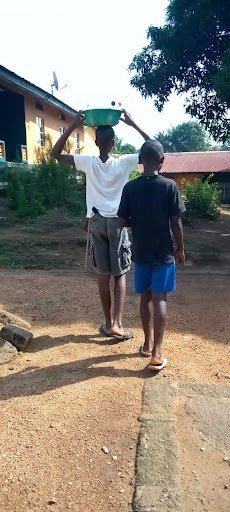


Child labour is a widespread problem that violates children's rights, and it's important to understand its impact. Child labour refers to employing children in work that deprives them of their childhood, disrupts their education, and poses physical, mental, social, and moral dangers.
Though laws exist to combat child labour, there are gaps in the legal framework that fail to fully protect children. For instance, the definition of "light work" in my country's Child Rights Act lacks specificity, allowing children to engage in harmful labour without clear limits on working hours.
In Sierra Leone, 35% of children endure child labour due to weak policies and social programs. They toil in mining, commercial sexual exploitation, and agriculture, often in hazardous conditions. In my community, Lekpetieh Layout, children labor on farms after school, leading to exhaustion and dropouts. Parents stop their kids from attending school for extended periods during the farming season, hindering their education.
My friend also fell victim to child labour, selling water and juice on the streets. This impacted her studies, causing her to miss a year of school. Many dismiss street trading as an acceptable means of income, but it harms children's education and exposes them to dangers like trafficking and harassment, particularly for girls.
Child labour is a severe violation of children's rights, and authorities and governments must take decisive action to address this issue. It's not just a problem in our country; it affects children worldwide. We must protect our children's well-being and ensure they have access to education and a bright future, free from exploitation and harm. It's our collective responsibility to end child labour and uphold the rights and dignity of every child.